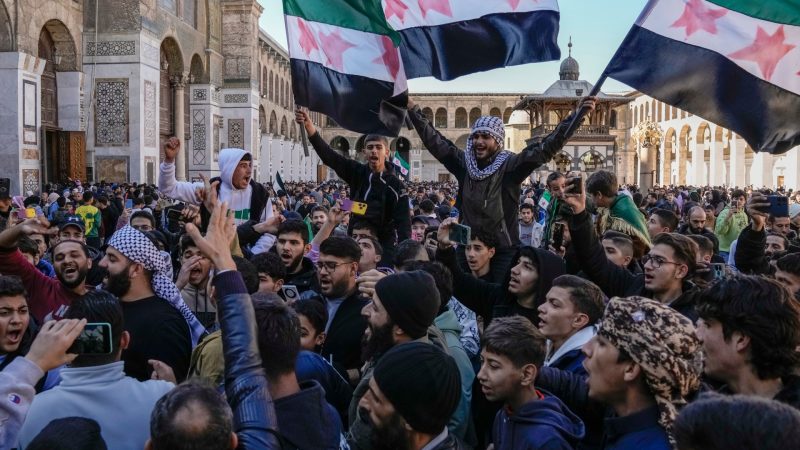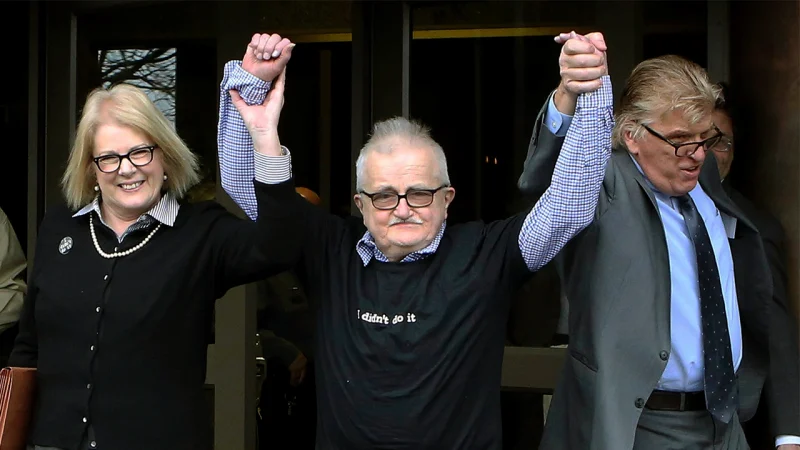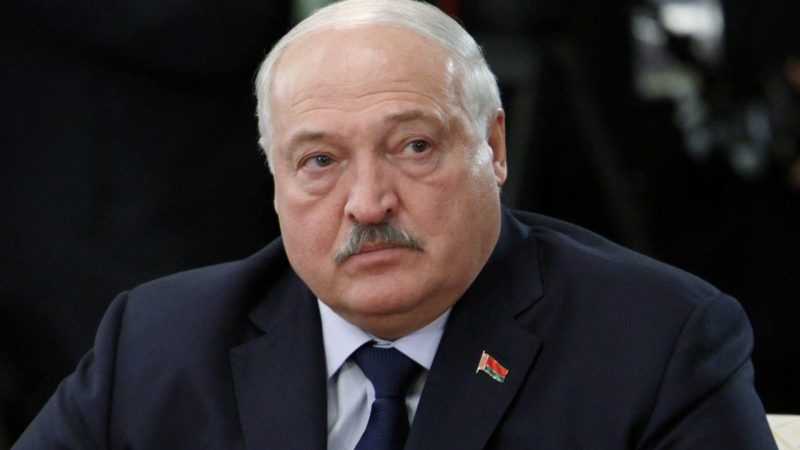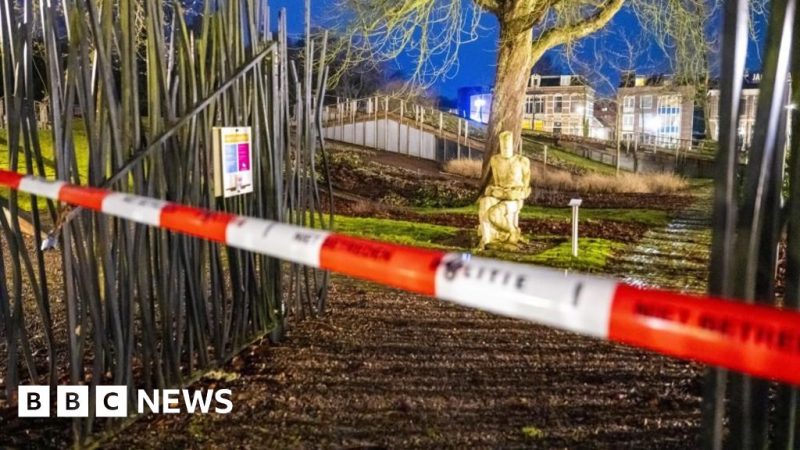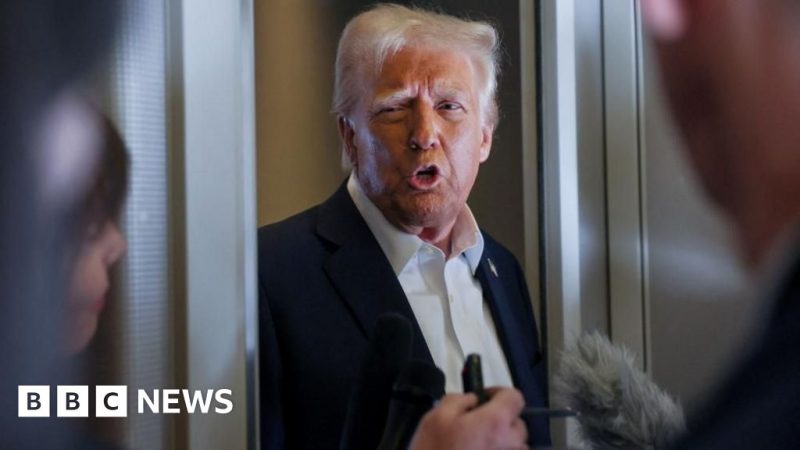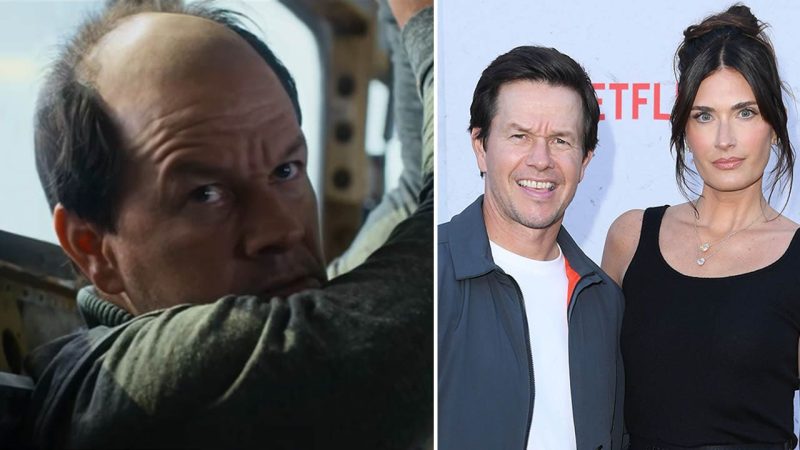Russia-Ukraine war: List of key events, day 1,031 | Russia-Ukraine war News
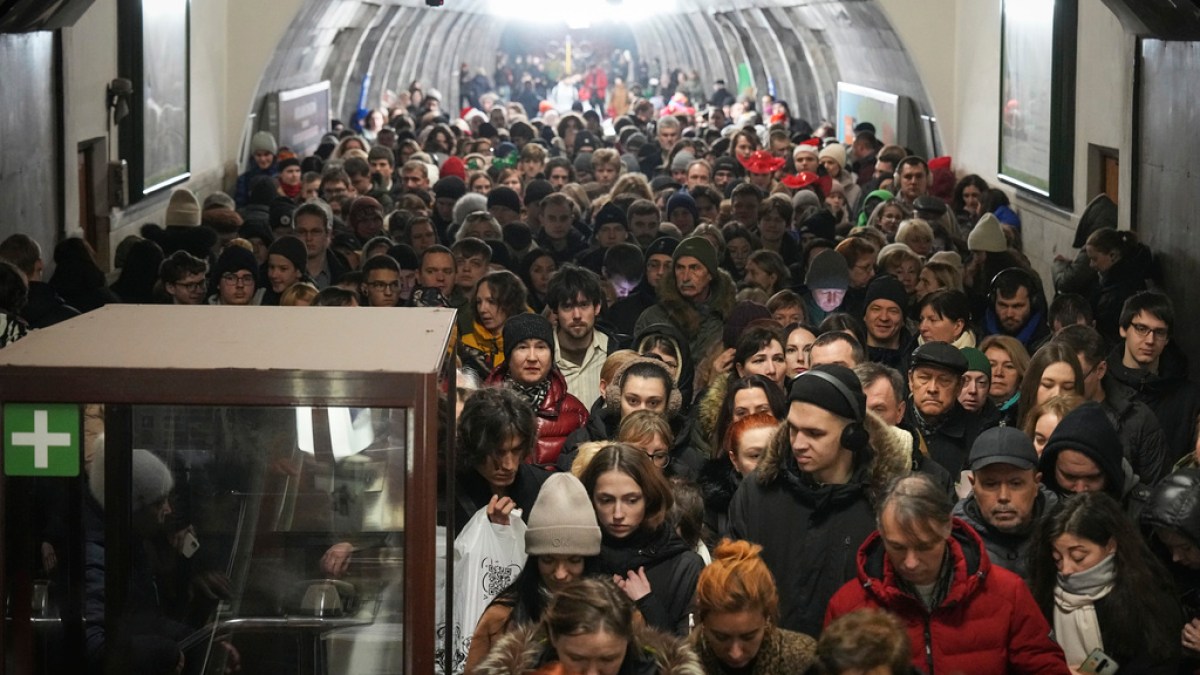
Here are the key developments on the 1,031st day of Russia’s invasion of Ukraine.
Here is the situation on Saturday, December 21:
Fighting
- Ukraine targeted the town of Rylsk in Russia’s Kursk border region on Friday, deploying US-supplied missiles in an attack that killed six people. US President Joe Biden recently authorised Ukraine to use US-supplied missiles to strike deeper inside Russia.
- Hours earlier, a Russian strike on Kyiv killed at least one person and damaged a building hosting the embassies of Albania, Argentina, Montenegro, North Macedonia, Palestine, and Portugal. Moscow said the strike was retaliation for a Ukrainian strike on Russia’s Rostov with Western missiles.
- Kyiv said on Friday it had received the bodies of 503 dead Ukrainian service members from the Donetsk, Luhansk and Zaporizhia regions, and morgues inside Russia. Most of the bodies were from Donetsk, which has suffered the worst of the fighting.
Economy
- Russia’s central bank left its benchmark interest rate at a record 21 percent, holding off on further increases despite high consumer inflation fuelled by massive spending on the war and deep labour shortages.
- Business figures have criticised the Kremlin for the effects higher borrowing costs have had on the economy.
- The International Monetary Fund approved $1.1bn in budgetary support to Ukraine on Friday, bringing the total disbursed under the institution’s ongoing assistance programme to $9.8bn since March 2023.
Politics and diplomacy
- European Union chief Ursula von der Leyen condemned the Russian strike on Kyiv that damaged a building hosting multiple diplomatic missions. “Another heinous Russian attack against Kyiv,” she posted on X. “Putin’s disregard for international law reaches new heights.”
- Hungarian Prime Minister Viktor Orban said European leaders must change their strategy regarding Ukraine as Russia advances on the front lines. Speaking to Hungary’s state broadcaster on Friday, he called for a Christmas truce in Ukraine and the exchange of up to 1,000 prisoners of war.
- Orban has routinely blocked, delayed or watered down EU efforts to provide weapons and funding and to sanction Moscow for its invasion.
- Germany’s Chancellor Olaf Scholz said on Friday he would speak with Russian President Vladimir Putin again after reinitiating contact last month, a move that prompted criticism from Ukraine. Scholz said the aim of further calls would be ” to make clear” that Putin needed “to end his aggression and withdraw troops”.
